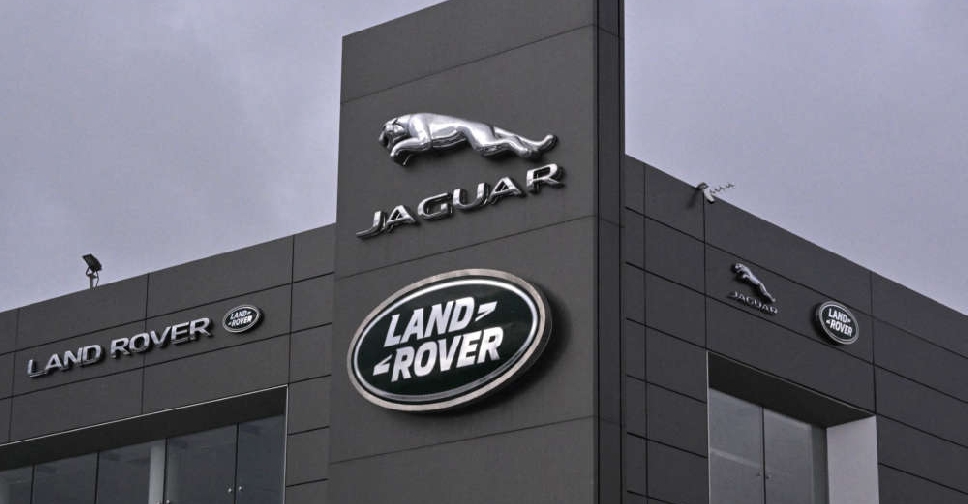
Britain softened demands on automakers to switch to production of electric vehicles on Monday, seeking to alleviate pressure on an industry left reeling from US President Donald Trump's tariffs.
The sector welcomed the move, but said the government needed to go further to protect it from the fallout of the 25 per cent US tariff on car imports imposed on April 3, as markets plunged on worries of a global trade war and economic slowdown.
British car manufacturers mainly sell luxury and premium cars to the United States - their second largest export market after the European Union. More than 1 million British-made cars worth about $9.79 billion (AED 36 billion) were shipped to the US last year.
Jaguar Land Rover, one of Britain's biggest producers, sent shockwaves through the industry on Saturday when it said it was pausing car shipments to the US for a month to consider how to mitigate the costs of the tariffs.
The government's new measures include a reduction in fines car manufacturers must pay if they cannot comply with EV sales targets and will also exempt micro-volume manufacturers including Aston Martin, Bentley and McLaren.
It said the 2030 phase-out date for new petrol and diesel cars would not change. But under the new plan, it will allow full hybrid and plug-in hybrid vehicles and cars, like the Toyota Prius and Nissan e-Power, to be sold until 2035.
Head of UK auto industry group SMMT, Mike Hawes, said a package of measures was now needed to support manufacturing and the supply chain in order to properly bolster carmakers, which employ some 200,000 workers directly and many more indirectly.
"Given the potentially severe headwinds facing manufacturers following the introduction of US tariffs, greater action will almost certainly be needed to safeguard our industry's competitiveness," he said.
The European Commission set out plans to soften its rules earlier this month, giving automakers three years, rather than one, to comply with its CO2 emissions targets for cars and vans.
Transport minister Heidi Alexander said on Monday that the US tariffs had given urgency to a government consultation on electric vehicle rules that had already been underway.
"We are absolutely seized of the fact that this government needs to do absolutely everything it can to shelter British businesses," she told the BBC.
Starmer said on Saturday that the government's priority remained to try and secure a trade deal with the US that could include tariff exemptions.
While overall EV sales rose last year in Britain, they were driven by commercial buyers, with only one in 10 individual car buyers choosing to go electric.
EVs made up 19 per cent of sales last month, well short of the 28 per cent that carmakers would have needed to achieve in 2025 to meet the government's EV mandate.



 Soon, check-in at Abu Dhabi hotels using your face
Soon, check-in at Abu Dhabi hotels using your face
 Emirates signs deals with 7 countries in push to boost tourism
Emirates signs deals with 7 countries in push to boost tourism
 DMCC records 7% growth in Indian companies
DMCC records 7% growth in Indian companies
 Dubai named autism-certified destination
Dubai named autism-certified destination



